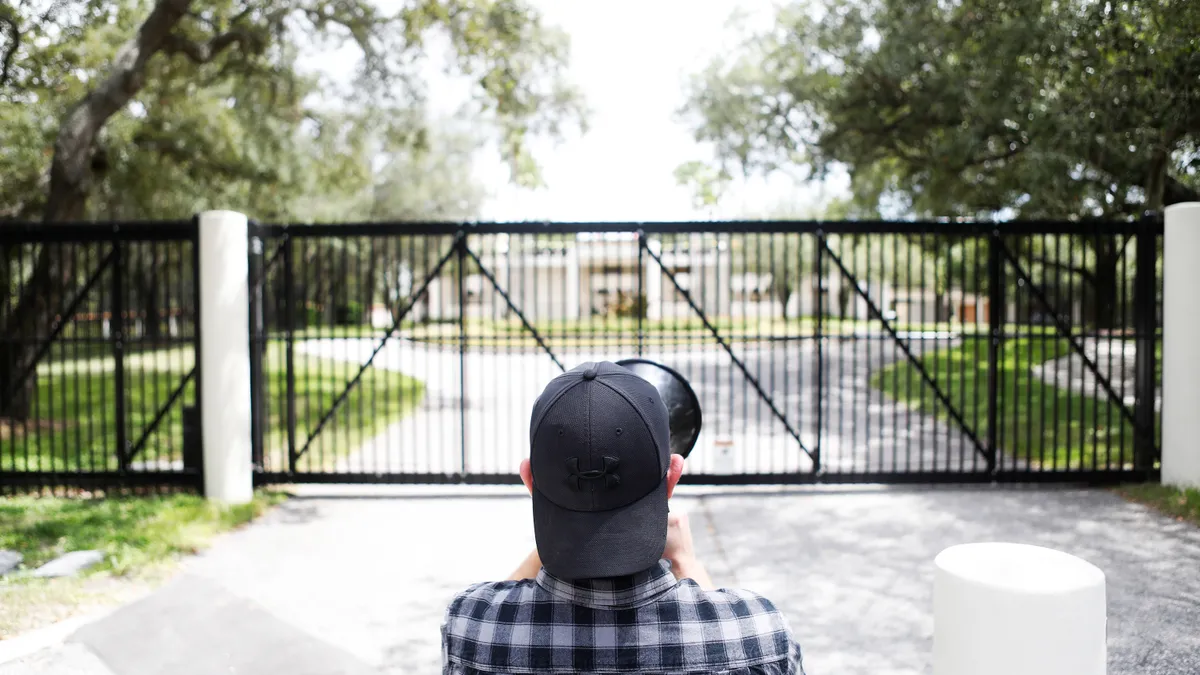Megan Bahr is a recent graduate of Gateway Technical College and a current student at the University of Wisconsin-Parkside. Cheyanne Rider is a recent graduate of Linn-Benton Community College and a current student at Oregon State University.
They recently participated on a panel of student leaders advocating for civil discourse on campus, hosted by the Bipartisan Policy Center.

Some 87% of college students say they favor free and open expression on campus, 84% believe the right to free speech is “critical in our democracy,” and 59% think that college should allow students to be “exposed to all types of speech” — even speech they find offensive or biased.
Unfortunately, nearly two-thirds of students also believe that their school's climate prevents some of them from saying what they think, and fewer than half feel comfortable disagreeing with their teacher or other students in class.

That’s because on all too many campuses across the country, an active minority of students is willing to shut down speech by shouting down speakers, preventing others from speaking, calling for firing faculty over controversial research or expression, and using social media to attack students and faculty for their views.
The two of us are students at different kinds of colleges in different parts of the country, but we’re both active on campus in efforts to protect free speech and encourage civil discourse. While we’ve made some progress, we can’t fully achieve our goals on our own. Like our peers at other institutions who are working for the same goals, we need the help of college presidents and other top administrators, of faculty, and of other students.
Like most students in America, we went to college not just to explore different areas of study but to hear different points of view. We want to be challenged, not coddled, because that will force us to think harder. We know that other students feel the same way because we have organized successful dialogues on complex topics such as what factors limit people from rising economically (Bahr) and the pros and cons of supervised injection sites for drug users (Rider).
Free speech comes with the responsibility to engage in respectful speech, and it comes with the need for reasonable limits, such as limits on speech that incites physical violence. At the same time, however, we recognize that free speech must include the freedom to express views that make some people uncomfortable. As Salman Rushdie said, “What is freedom of expression? Without the freedom to offend, it ceases to exist.”
Nor do we think that protecting free speech on campus conflicts with efforts to encourage diversity, equity, and inclusion, or DEI — despite the widespread view among students to the contrary. In fact, one of us (Bahr) works on campus simultaneously to protect free speech and to facilitate discussions and workshops on DEI.
All too often, however, the atmosphere on campus stifles free expression, rather than encourages it.
Both students and faculty are censoring themselves out of concerns that an active minority will attack them. Faculty avoid raising controversial subjects in their classrooms, while students keep their views to themselves during class, in conversation with friends, and on social media. In the face of protests, college administrators disinvite speakers and cancel events.
Generally, students do not arrive on campus with the skills to push back against attacks by an active minority. That’s because, as a Bipartisan Policy Center report on campus free expression put it, “Today’s adolescents are growing up in increasingly homogeneous neighborhoods, where they may know few whose viewpoints, news sources, socioeconomic status, and race differ from their own.”
So, what should members of the campus community do to encourage and protect free speech?
College presidents and other top administrators should model good behavior. That is, they should allow controversial speakers to speak on campus, rather than bow to the demands of a vocal minority to cancel them. They should ensure that faculty and students can express controversial views on or off campus without the fear of facing an investigation. They should lead discussions with students and encourage the airing of divergent viewpoints. And, when they address groups of faculty or students, they should take questions and not avoid touchy issues.
Faculty should make their classroom a space to foster conversation. They should encourage free, though respectful, discussion, especially on controversial subjects. They also should use their classroom to encourage students to check out organizations on campus that bring together those with different viewpoints.
Students should seek out other students with whom they disagree, listen closely to divergent viewpoints, avoid an immediate emotion-driven response, and trust the good faith of others even while contesting their views. Students also should avoid “identity opinion,” in which they typecast other students as, say, dyed-in-the-wool liberals or dogmatic conservatives based on one expressed opinion.
College should be a place where students can stretch their minds, hear differing views, and express themselves without fear of attack or investigation. Administrators, faculty and students themselves must create the environment on campus that nurtures, rather than constricts, free speech.












